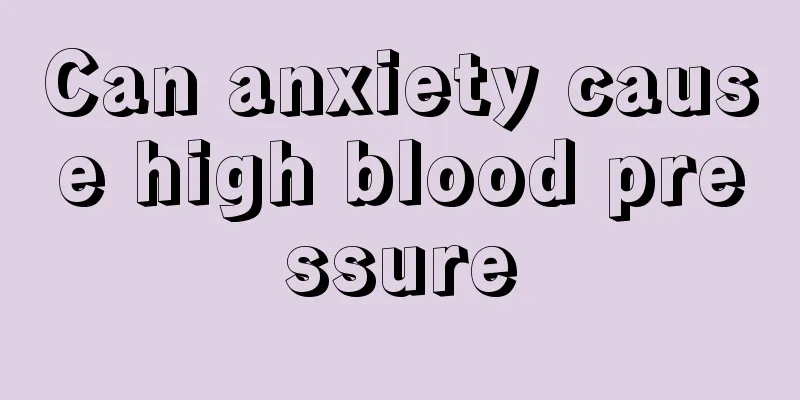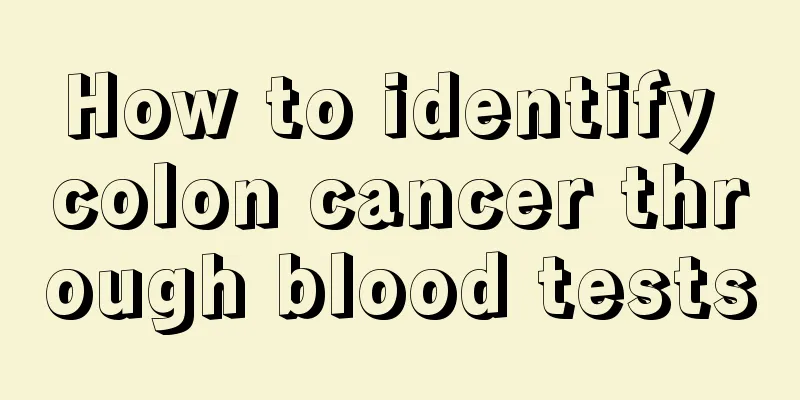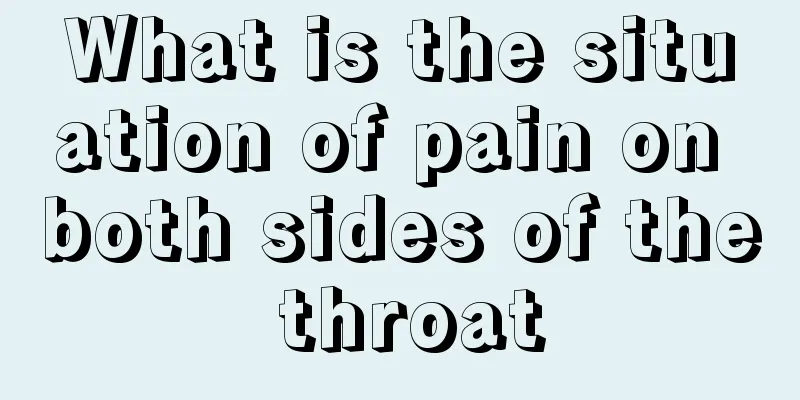Can anxiety cause high blood pressure

|
If there is a history of mental illness, such as depression and anxiety, it will indeed cause high blood pressure and may also cause discomfort in the heart and brain, but in most cases it is mainly caused by the effects of the disease itself and is not a real lesion in the body's functions. Generally, hypertension does not cause anxiety and depression in patients. This article introduces the possible causes of hypertension caused by anxiety and depression. The incidence rates of anxiety and depression in hypertensive patients are 11.6% to 38.5% and 5.7% to 15.8%, respectively, while the incidence rates in the general population are 2% to 6% and 1% to 4%, respectively. The reasons may be: 1. Long-term anxiety or depression has adverse effects on brain function, causing neurological and endocrine disorders and promoting hypertension. 2. Patients with anxiety or depression often suffer from severe insomnia, which causes changes in the circadian rhythm of blood pressure and triggers hypertension. 3. When you are anxious, you tend to smoke or drink a lot, which will result in higher blood pressure. 1. Anxiety is an emotional state. The patient's basic inner experience is fear, such as being on tenterhooks, feeling uneasy, or even extremely frightened or terrified. 2. This emotion is unpleasant and painful, and may feel like death is imminent or that one is about to collapse and faint. 3. This emotion is directed toward the future, implying some kind of threat or danger that is coming or about to happen; 4. There is no actual threat or danger, or, measured by reasonable standards, the anxiety-provoking event is disproportionate to the severity of the anxiety; 5. Simultaneously with the experience of anxiety, there are physical discomfort, psychomotor restlessness and vegetative dysfunction. Anxiety symptoms include three aspects: 1. Painful emotional experiences that are disproportionate to the situation. The typical form is anxiety and fear without a definite objective object and specific and fixed conceptual content. It is often called free-floating anxiety or nameless anxiety in the literature; 2. Psychomotor restlessness. Fidgeting, pacing, running and shouting, or involuntary tremors or shaking; 3. Autonomic dysfunction accompanied by physical discomfort. Such as sweating, dry mouth, stuffy throat, chest tightness and shortness of breath, difficulty breathing, piloerection, palpitations, redness and paleness of the face, nausea and vomiting, urgency and frequency of urination, dizziness, general weakness, especially in the legs, etc. The emotional experience of anxiety alone without any manifestation of motor and autonomic nervous system function cannot reasonably be regarded as a pathological symptom. On the contrary, without the inner experience of uneasiness and fear, purely physical manifestations cannot be considered anxiety. 1. Positive self-suggestion The great French writer Alexandre Dumas once said: "Life is a rosary composed of countless troubles, and optimistic people always recite this rosary with a smile." When you are anxious, give yourself strong self-suggestions, such as "I can do it", "I will definitely succeed", "I am optimistic about myself", etc. Positive self-suggestion can increase self-confidence and overcome anxiety. 2. Exercise moderately Studies have shown that exercise can eliminate some of the chemicals that cause anxiety, relax the mind and make you feel happy. When you feel anxious, just don't think about anything and go for a run, play ball or swim, etc. This will not only exercise your body, but also effectively relieve anxiety, so that you have more energy to do the next thing. 3. Do what you are most interested in When people are doing something that interests them, they will devote themselves wholeheartedly and enter a state where they forget about themselves and the world. Therefore, when you are facing anxiety, put down the work at hand and do something you are interested in, such as singing, listening to music, watching TV, playing basketball, etc. When you finish doing these things, your worries and anxiety will be gone without a trace. 4. Emotional catharsis Emotional catharsis is an important means to relieve stress and maintain psychological balance. You can tell your family or friends about your tension and anxiety to help yourself adjust; or find a suitable place to cry or laugh out loud to vent your inner depression. 5. Music Music can relax people and bring about positive changes in their physiological and psychological rhythms. When something makes you feel uneasy and irritable, you might as well calm down and listen to music. You will feel that the music is like a breeze blowing through your soul, making you feel extremely comfortable and cozy, and your anxiety will disappear. |
<<: The efficacy and function of motherwort brown sugar
>>: How long does it take to cook porridge in a pressure cooker
Recommend
What is the solution to motion sickness?
Nowadays, more and more people choose cars as the...
How to better classify bone cancer
How is bone cancer classified? Cancer is familiar...
Abscess on arm
Because of bacterial inflammation, many people wi...
Is lobster seafood?
Speaking of seafood products, it should resonate ...
Badminton training footwork at home
Many people like to play badminton. Badminton is ...
How to reduce swelling on swollen cheeks
The area below the human ear is called the cheek....
Acne between lower lip and chin
A person's external surface features can refl...
Why does my mouth feel salty? Is it caused by disease?
We all know that there is usually no taste in the...
Detailed analysis of methods for treating breast cancer patients
According to surveys, breast cancer is one of the...
What tea can enhance sexual performance and last longer?
With the continuous improvement of daily living s...
How long after dinner can you go to bed?
Young people have many wrong eating habits. For e...
The correct way to remove colored contact lenses
Framed glasses can cover the flesh on your face a...
Harmful gases and dust are the main causes of laryngeal cancer
The causes of laryngeal cancer may be related to ...
Is eczema caused by excessive moisture in the body?
Eczema is a common skin disease that is generally...
How long should the fever patch be applied
A large number of people experience fever when th...









